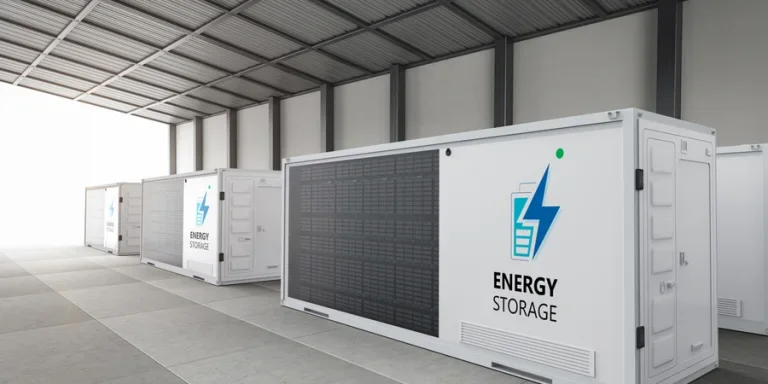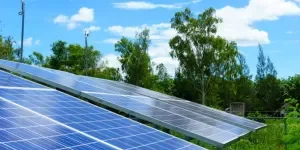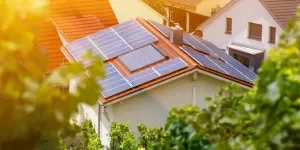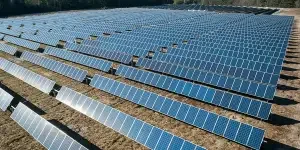- SPE says Europe installed 17.2 GWh of new BESS capacity in 2023, with a 94% annual increase
- Germany led the new installations with 5.9 GWh, accounting for an annual growth of 86%
- On a cumulative basis, it increased to 36 GWh at the end of last year, led by the residential segment
European solar PV lobby association SolarPower Europe (SPE) says the European battery energy storage system (BESS) market grew by 94% annually in 2023. The 17.2 GWh new capacity marks the 3rd consecutive year of doubling the annual market, it says.
This means last year, an equivalent of 1.7 million more European homes installed batteries. Home batteries are proving to be a viable way for homes to become energy self-sufficient.
Germany led with 5.9 GWh. With an annual growth of 86%, Italy was next with 3.7 GWh, and the UK with 2.7 GWh registered a 91% increase in installations in 2023.
With this, the total operational BESS capacity of Europe reached around 36 GWh at the end of 2023. Residential installations accounted for 63% of this capacity. Large-scale battery systems followed next with a 21% share, and commercial and industrial (C&I) systems made up 9% of the lot.
SPE CEO Walburga Hemetsberger said, “Growing battery storage and flexibility represents a fundamental shift from our current grid-centric view of the market. It impacts not only the way we plan infrastructure and the way we operate the system, but also the markets we engage with. The new Electricity Market Design (EMD) legislation lays the groundwork for a more robust energy policy.”
In its European Market Outlook for Battery Storage 2024-2028 report, the association is calling for a comprehensive EU electricity storage strategy and adopting a target of 200 GW for 2030 to ensure the growth of renewables is well complemented by this flexible source.
“While policymakers have focused on batteries for electrifying the automotive industry, their critical role in the green transition of the European power system has been largely overlooked. Flexibility through battery storage isn’t solely a technical matter for regulators and standardisation bodies; it demands immediate political attention and prioritization,” explained SPE’s Director of Market Intelligence, Michael Schmela.
SPE forecast this segment to continue growing between 2025 and 2028, but expects slower growth rates in the 30% to 40% range. By 2028, it anticipates the overall installed BESS capacity to expand more than 7-fold to reach 260 GWh of battery storage.
The complete report is available for free download on the SPE’s website.
Source from Taiyang News
Disclaimer: The information set forth above is provided by Taiyang News independently of Alibaba.com. Alibaba.com makes no representation and warranties as to the quality and reliability of the seller and products.





 Afrikaans
Afrikaans አማርኛ
አማርኛ العربية
العربية বাংলা
বাংলা Nederlands
Nederlands English
English Français
Français Deutsch
Deutsch हिन्दी
हिन्दी Bahasa Indonesia
Bahasa Indonesia Italiano
Italiano 日本語
日本語 한국어
한국어 Bahasa Melayu
Bahasa Melayu മലയാളം
മലയാളം پښتو
پښتو فارسی
فارسی Polski
Polski Português
Português Русский
Русский Español
Español Kiswahili
Kiswahili ไทย
ไทย Türkçe
Türkçe اردو
اردو Tiếng Việt
Tiếng Việt isiXhosa
isiXhosa Zulu
Zulu